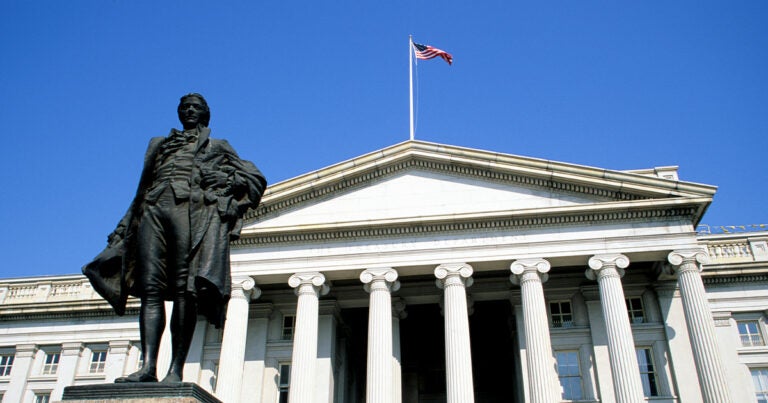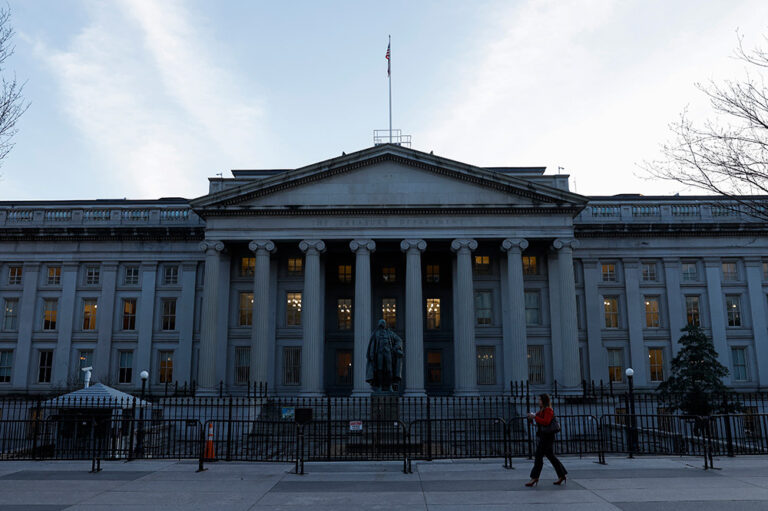As fiscal year 2016 drew to a close, Congress narrowly averted a government shutdown by passing a continuing resolution that will keep the government funded through December 9. Lawmakers have become increasingly dependent on such stopgap measures as Congress has not met the deadline for passing all 12 appropriation bills since 1996. In addition to the new deadline of December 9 to fund the government, Congress will face additional budgetary challenges in coming months, including the reinstatement of the debt ceiling this spring, triggering another potential showdown on the debt limit.
At the first presidential debate on September 26, both candidates acknowledged the growing national debt, but voters want to hear more. New polling indicates that 91% of voters want to hear the candidates’ plans for addressing the national debt during the debates. Likewise, an informal survey in the run-up to the debate found that Wall Street Journal readers most wanted to hear about the national debt, and respondents to a Pew Research Center survey picked the nation’s budget deficit as a topic that should get more time in the debates.
The vice presidential candidates will debate tomorrow, and the presidential candidates will meet twice more before the election (on October 9 and October 19). You can let all of the candidates know that you’d like them to address the national debt by emailing or tweeting at them.
The September Fiscal Confidence Index was 51.
Photo by Getty Images
Further Reading
The Fed Reduced the Short-Term Rate Again, but Interest Costs Remain High
High interest rates on U.S. Treasury securities increase the federal government’s borrowing costs.
What Types of Securities Does the Treasury Issue?
Let’s take a closer look at a few key characteristics of Treasury borrowing that can affect its budgetary cost.
Quarterly Treasury Refunding Statement: Borrowing Up Year Over Year
Key highlights from the most recent Quarterly Refunding include an increase in anticipated borrowing of $158 billion compared to the same period in the previous year.


